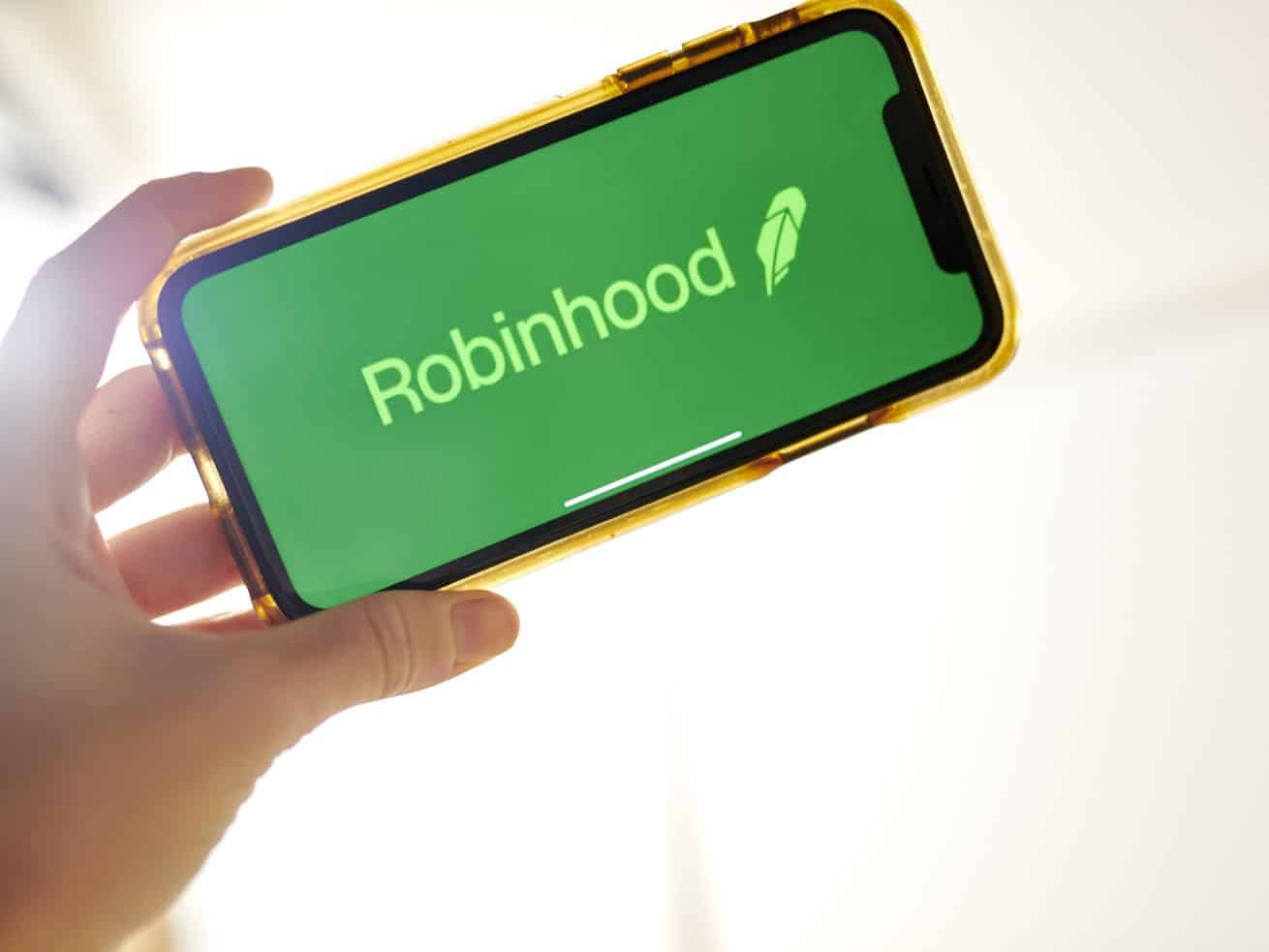Downloads of the commission-free investment app remain high after a record week.
When Robinhood announced last Thursday morning it was restricting trades on a number of meme stocks, the fallout was swift. Redditors, who accused the commission-free investment app of betraying its name by protecting the rich, said they would leave the platform. Politicians called for congressional hearings. Users filed multiple lawsuits nationwide alleging market manipulation.
Many more people kept on downloading the app. So while this episode might be a headache for Robinhood, it was also a big brand-building event that has introduced the app to many people who might not have heard of it a month ago.
In fact, the day Robinhood restricted trading turned out to be the biggest single download day on record for Robinhood, with 440,000 unique first-time installations in the US, according to data from app measurement company Sensor Tower. The following day was its second-biggest download day ever. Subsequent days saw a decrease in daily downloads, but the number is still nearly double what it had been in the beginning of last week. Indeed, 3.7 million people in the US installed Robinhood for the first time in January, nearly four times the number who did so in January 2020. More than 2 million did so last week alone — the same number of downloads it had in its previous best month (March).
Additionally, Robinhood’s competitors like Webull and TD Ameritrade — which also restricted meme stock trades — became more prominent during the meme stock investment boom, reaching a high-water mark last Thursday, followed by a subsequent decline. It’s hard to know whether this means retail investor momentum is slowing or if a lot of the people who wanted these apps already had them. Or perhaps GameStop’s stock price, which closed at a high of $347 last Wednesday and is now down around $95, has something to do with it.
Increased app downloads are good news for the soon-to-be-public Robinhood, which makes the majority of its money from passing trades to market makers like Citadel Securities, which in turn make money on each trade. And as the above download data shows, retail investment apps in general are enjoying more popularity than they once had, meaning there’s plenty of money to go around.
More options, presumably, are good for retail investors. What remains to be seen is how the meme stock rally actually plays out for retail investors, as it could leave some bankrupt or bitter.
The calls to leave the app surrounded the idea that Robinhood had halted trading in order to please hedge funds which, thanks to their reliance on short selling, were anathema to the mission of Redditors. The popular subreddit r/WallStreetBets had rallied around shorted stocks, causing the prices of a number of unlikely companies like GameStop, AMC, and BlackBerry to surge.
The reality was more quotidian.
Robinhood has explained that it didn’t want to stop anyone from buying these stocks. Rather, it couldn’t afford to keep selling them. Robinhood, like other brokerages, is required by the SEC to deposit money with clearinghouses, which settle the trades and make sure stocks are actually paid for — even if, for instance, the value of that stock declines precipitously after pressing “buy” on your phone. Thanks to the much-higher-than-normal volatility of the meme stocks, the clearinghouses needed more collateral from brokerages. To afford the bill, Robinhood restricted buys of the most volatile stocks and also got cash infusions of $3.4 billion from its investors.
While clearly upsetting some users, the dust-up doesn’t seem to have done much to deter people from the app. It’s currently the second-most-downloaded app on the App Store, after multiple days in the No. 1 slot. It’s still the most-downloaded app on the Google Play store.
Author: Rani Molla
Read More



